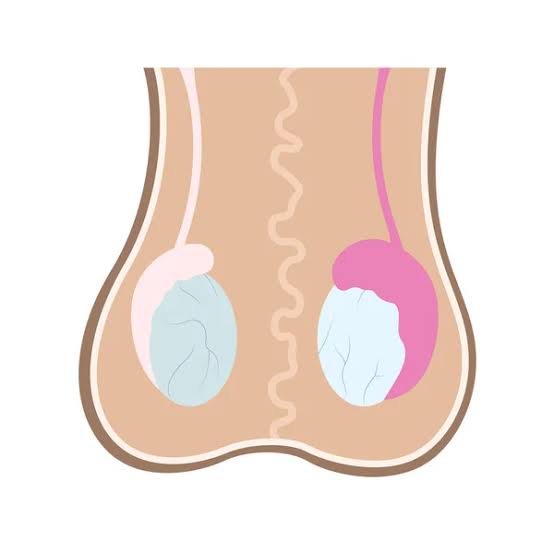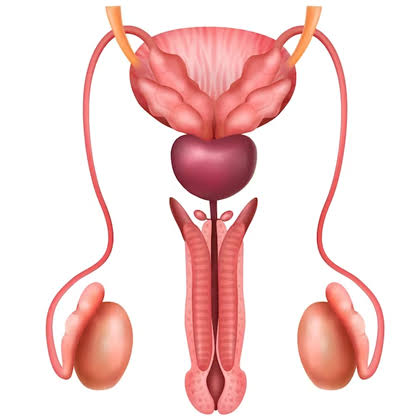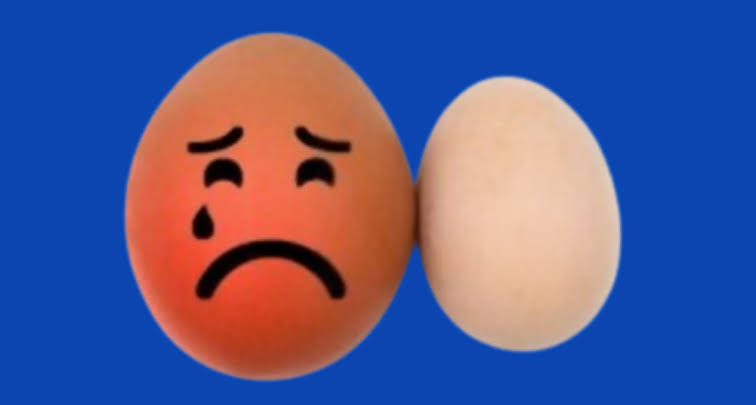A common ailment affecting males worldwide is varicocele. It is not a fatal condition, although it can be uncomfortable and occasionally result in issues with conception. The pathophysiology, kinds, causes, risk factors, signs and symptoms, consequences, differential diagnosis, general therapy, and prevention of varicocele will all be covered in this beginner’s handbook. We will also explore the possible advantages of homeopathy as a treatment for varicocele, providing a comprehensive strategy for managing this ailment.

What is Varicocele?
The medical name for the swelling of veins within the scrotum is varicocele. The pampiniform plexus, a group of veins, is in charge of removing blood from the testicles. Varicocele is the outcome when they dilate or swell.
The Pathology of Varicocele
The aberrant expansion of the pampiniform plexus veins is the pathophysiology underlying varicocele. Usually, the malfunctioning of the valves that control blood flow in these veins causes this dilatation. Vein enlargement may result from an improperly functioning valve that allows blood to flow backward.
The Types of Varicocele
Generally speaking, varicoceles fall into two categories:
1. Primary Varicocele: There is no known reason for this kind of varicocele. This variety is the most prevalent and is frequently linked to varicoceles on the left side, though it can also affect the right side or both.
2. Secondary Varicocele: Secondary varicoceles usually result from an underlying ailment that puts more pressure on the scrotal veins. Blood clots, abdominal masses, and kidney tumors are examples of such disorders.
The Causes of Varicocele
Preventing and treating varicocele requires an understanding of its causes. The main reasons are as follows:
1. Venous Valve Dysfunction: As previously indicated, varicocele is primarily caused by a malfunction in the pampiniform plexus veins’ valves.
2. Increased Pressure: Any disease or event that increases pressure within the belly, such as obesity, constipation, or heavy lifting, might lead to the formation of varicocele.
3. Genetic Predisposition: Research indicates that varicocele may have a hereditary component, which increases the likelihood that it may manifest if other family members have also had the condition.
Risk Factors of Varicocele
The following risk factors may make the development of a varicocele more likely:
1. Age: Adolescents and young adults are more likely to have varicoceles.
2. Family History: You may be more vulnerable if you have varicoceles in your family.
3. Lifestyle: Activities that include prolonged sitting, heavy lifting, or straining might aggravate varicocele.
4. Obesity: Due to elevated intra-abdominal pressure, being overweight or obese can raise the risk of varicocele.
5. Occupation: There may be additional risks associated with some jobs that need a lot of standing or sitting.
Signs and Symptoms of Varicocele
Varicoceles frequently do not show any symptoms at all. When symptoms do appear, though, they could be as follows:
1. A dull pain or discomfort in the scrotum, often following exercise.
2. A sensation of unease or heaviness in the penis.
3. Testicular atrophy, or testicle shrinking.
4. The scrotum’s visible or palpable veins, which are frequently compared to a “bag of worms.”
5. Fertility difficulties, as varicoceles can lead to lower sperm production or quality.
Complications of Varicocele
Infertility is one of the most worrying problems that varicoceles can cause. The temperature in the scrotum may rise due to increased blood flow in the veins around the testicles, which may have an adverse effect on the quantity and quality of sperm produced.
Moreover, the pressure from the varicocele can harm the testicular tissue over time, potentially leading to atrophy or shrinking of the affected testicle.
Differential Diagnosis of Varicocele in Detail
During a physical examination, a medical professional may feel the dilated veins in the scrotum in order to diagnose varicoceles. It is imperative to exclude other medical disorders that can manifest with comparable symptoms. Among these prerequisites are:
1. Hydrocele: A hydrocele is an accumulation of fluid that results in enlargement in the scrotum. Because of the swelling, it can occasionally be misdiagnosed as a varicocele even though it does not have the recognizable dilated veins.
2. Inguinal Hernia: An abdominal protrusion into the inguinal canal is the result of an inguinal hernia. Even though they are unrelated to varicocele, they can still cause discomfort and need to be diagnosed differently.
3. Testicular Torsion: This is a medical emergency that needs to be treated right away. It causes the spermatic cord to twist, which can cause excruciating pain and swelling. The sudden and painful development of this illness helps to differentiate it from varicocele.
4. Epididymitis: The inflammation of the epididymis, a coiled tube behind the testicle, is known as epididymitis. It may cause scrotal pain, although it does not show up with the dilated veins that varicocele is known for.
General Management of Varicocele
There are various general management options to think about if you have been diagnosed with a varicocele or if you suspect you have one:
1. Monitoring: Your doctor may advise routine monitoring to detect any changes if the varicocele is not causing severe pain or problems with reproduction.
2. Lifestyle Modifications: Changing certain aspects of one’s lifestyle can aid in the management of the illness. Avoiding heavy lifting, donning supportive undergarments, and continuing an active lifestyle are a few examples.
3. Medication: Over-the-counter analgesics like ibuprofen may be able to ease discomfort in certain situations. These, however, do not address the varicocele’s fundamental etiology.
4. Surgery: For people who are having extreme pain, discomfort, or problems getting pregnant, surgical alternatives such varicocelectomy are available. To increase blood flow, the dilated veins are either cut or eliminated during this treatment.
General Prevention of Varicocele
Even while there may not be a complete cure for varicocele, there are things you may do to lower your risk:
1. Keep Your Weight in Check: Maintaining a healthy weight will assist minimize intra-abdominal pressure and, consequently, your risk of varicocele.
2. Frequent Exercise: To support healthy blood circulation and general well-being, partake in regular physical activity.
3. Appropriate Lifting Techniques: To prevent straining the abdominal muscles and raising pressure in the scrotum, utilise appropriate lifting techniques when lifting large objects.
4. Take Regular Pauses: If your profession requires you to stand or sit for extended periods of time, take regular pauses to stretch and release pressure from your lower abdomen.
5. Supportive Underwear: To give your scrotum additional support, think about donning supportive underwear like compression shorts or briefs.
Homeopathy and Varicocele Treatment
Apart from the previously discussed conventional treatment options, homeopathy is one of the complementary and alternative therapies that many people investigate for varicocele. Homeopathy is a comprehensive medical approach that goes beyond treating a disease’s symptoms in order to address its underlying causes. It stimulates the body’s healing mechanisms with very diluted natural ingredients, operating under the tenet of “like cures like.”
Homeopathic Remedies for Varicocele
1. Hamamelis Virginiana: Used to treat painful, heated, swollen testicles associated with varicocele.
2. Pulsatilla Nigricans: This remedy is good for varicocele accompanied by orchitis and pain radiating from the abdomen to the testes.
3. Calcarea Fluorica: Helpful for hydrocele and varicocele with testicular indurations.
4. Arnica Montana: Beneficial for post-injury varicocele.
Nux Vomica: Suggested in cases of varicocele with intense, stabbing testicular pain.
It is crucial to speak with a licensed homeopathic practitioner before contemplating homeopathic treatment. They will evaluate your particular situation and offer a customized treatment plan that meets your requirements.

Conclusion: Take the Homeopathic Route!
In conclusion, men of all ages can get varicocele, a common illness. It may not always show symptoms, but in certain situations, it might result in pain and problems getting pregnant. It is critical to comprehend varicocele’s causes, risk factors, symptoms, and complications. It is also important to properly differentiate varicocele from other disorders that may be similar.
Homeopathy is an option worth considering for those looking for alternative treatments, but it should always be explored with a licensed healthcare provider. You may preserve your health and well-being by treating varicocele early and adhering to a thorough management plan, regardless of whether you select conventional or homeopathic treatment.
This article is for information purposes. It’s crucial to note that while homeopathy is a centuries-old practice with many adherents worldwide, always consult a qualified homeopath or medical professional before initiating any treatment.
For any queries, reach out to us at contact@homeopathic.ai





